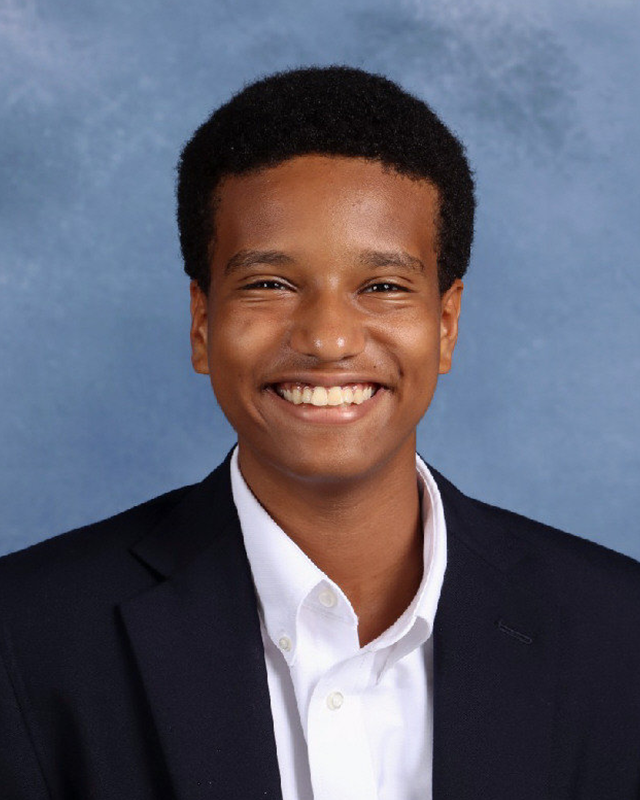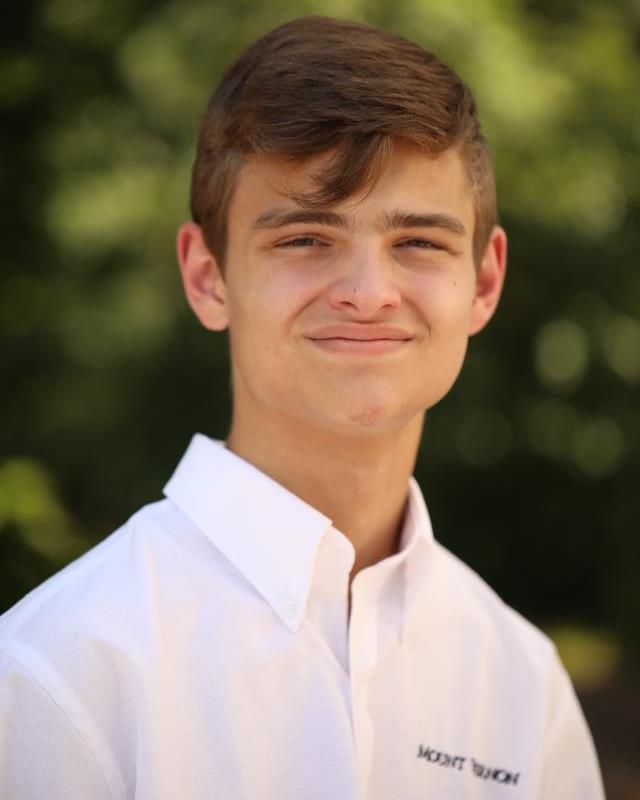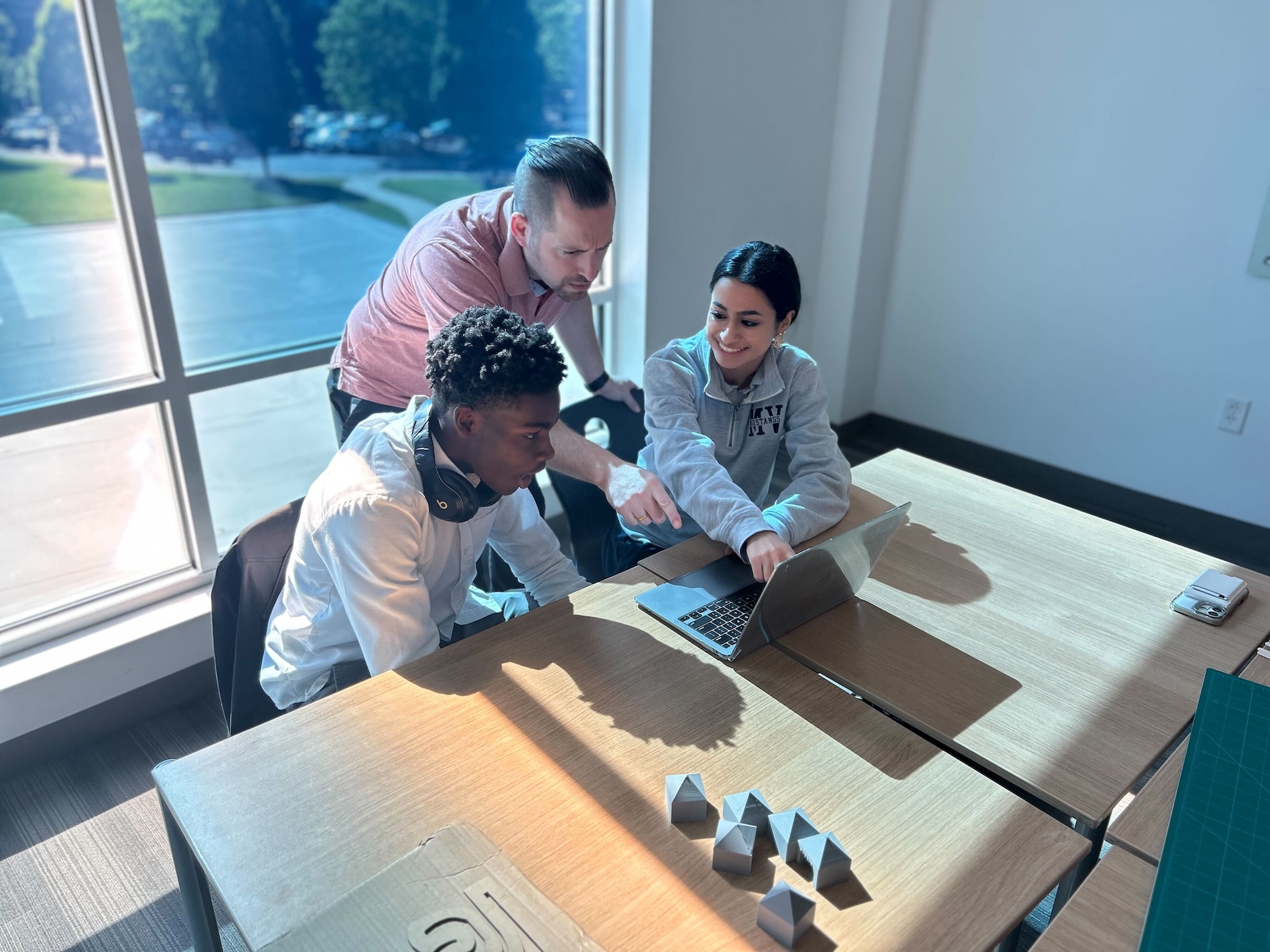In the fall of 2020, in the midst of a global pandemic and a radically reimagined learning environment, a spark of curiosity ignited in an AP U.S. History class in the Upper School. Seated six feet apart in single desks, masked and unsure of what the year might bring, students and faculty alike felt the weight of uncertainty. But beneath the surface, something remarkable was stirring.
“I remember feeling apprehensive,” recalls Ben Potter, the AP U.S. History teacher at the time. “But even with masks on, I could see it in their eyes—there was energy, enthusiasm. They were asking bold, beautiful questions that went far beyond our syllabus.”
It wasn’t long before Nathan Desta and Jake Lager, both Class of 2022 stepped into leadership roles and founded The Armchair Philosophers Club, a space dedicated to exploring life’s biggest questions. What began as a weekly Zoom meeting quickly evolved into an organic community—hallway debates, spontaneous conversations, and a growing group of thinkers eager to wrestle with questions like What is the nature of truth? How do we define morality? and Why are humans capable of both great good and great harm?
“I’ve never seen students take such ownership of their learning,” Potter said. “Nathan and Jake created something from nothing. They modeled what agency looks like—not waiting for permission to explore, but instead inviting others into deep inquiry.”
 What happened next is a testament to Mount Vernon’s culture of co-creation and personalized pathways. Inspired by the momentum of the club, students approached Mr. Potter with an idea: what if these philosophical discussions could become a formal course? With support from the Humanities team, The Big Questions was born—an elective designed for juniors and seniors to explore timeless, complex ideas in a collaborative and curious environment.
What happened next is a testament to Mount Vernon’s culture of co-creation and personalized pathways. Inspired by the momentum of the club, students approached Mr. Potter with an idea: what if these philosophical discussions could become a formal course? With support from the Humanities team, The Big Questions was born—an elective designed for juniors and seniors to explore timeless, complex ideas in a collaborative and curious environment.
Though Potter moved on to Charlotte, North Carolina, before the course launched, his vision lived on. Dr. Mark-Anthony Karantabias, a University of Kentucky Ph.D. and scholar of ancient law and ethics, took the reins and designed a course that would quickly become a cornerstone of the Upper School experience.
Before he ever entered the classroom, Dr. Karantabias had a clear intention: “I wanted to stress and cultivate genuine open-mindedness through the ability to engage and understand others in a civil, respectful, and professional manner to counter today’s climate, which generally prefers and promotes echo chambers. I also wanted the students to consider some of the most difficult concepts with which humans wrestle: What is evil? Does it exist? Is it subjective? Is it an entity as it is in Abrahamic religions? Is it non-existent and simply the absence of the Good because the Good cannot author an imperfection, as Platonists argued? Is it a mechanism used by the ‘weak’ to justify their plight, as Nietzsche proposed? Should free speech be monitored? Who gets to monitor it and set the norms? Is unbridled free speech necessary—even in its worst forms—to avoid tyranny?”
He adds, “Students come into The Big Questions seeking not just answers, but better questions. This course invites them to slow down, to reflect, and to grapple with the ambiguity of what it means to live well. It’s rigorous, but it’s also profoundly human.”
For Nathan, the experience not only shaped his thinking – it influenced his future.
“I don’t think it’s a stretch to say that the club influenced me greatly to major as I did, and that Big Questions class offered a strong foundation for my uni classes down the road—especially my ancient Phil classes. Dr. K did a super good job explaining Aristotelian thought and Platonism in particular. It stuck with me!”
The course and the culture of deep inquiry at Mount Vernon gave Nathan the confidence and clarity to pursue his academic interests in college. Now a philosophy major at Georgia State University, he continues to explore many of the same themes first discussed in Room 207.
“I won the Alvin Altman Award for academic excellence in my first two years,” he says. “I also received recognition through the Troy Moore Ethics Contest for an essay on ‘the good life,’ and presented on similar philosophical themes at the Georgia State Undergraduate Research Conference, which earned me a Global Engagement Award.”
 The story doesn’t end there. As Mount Vernon School Online (MVSO) expanded, The Big Questions made the leap to a virtual platform, opening the course to an even wider community of thinkers. Now heading into its fourth year, the online version continues to evolve, with Potter returning to help revise the course to meet the needs of today’s intellectually curious and globally aware students.
The story doesn’t end there. As Mount Vernon School Online (MVSO) expanded, The Big Questions made the leap to a virtual platform, opening the course to an even wider community of thinkers. Now heading into its fourth year, the online version continues to evolve, with Potter returning to help revise the course to meet the needs of today’s intellectually curious and globally aware students.
At its heart, The Big Questions is more than a course—it’s a case study in student-driven innovation. It’s what happens when learners are empowered to ask, design, and lead. It’s what happens when a school trusts students to shape their own journey of purpose.
After graduating from Mount Vernon, both founders carried their spirit of inquiry and leadership with them: Jake Lager went on to Auburn University, and Nathan Desta is continuing his studies in philosophy.
As Nathan reflected during his senior year, “We didn’t just want to have answers handed to us. We wanted to wrestle with ideas, to build a space where doubt was welcome, and where we could really think.”
And think they did. And still do.






